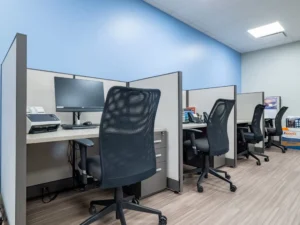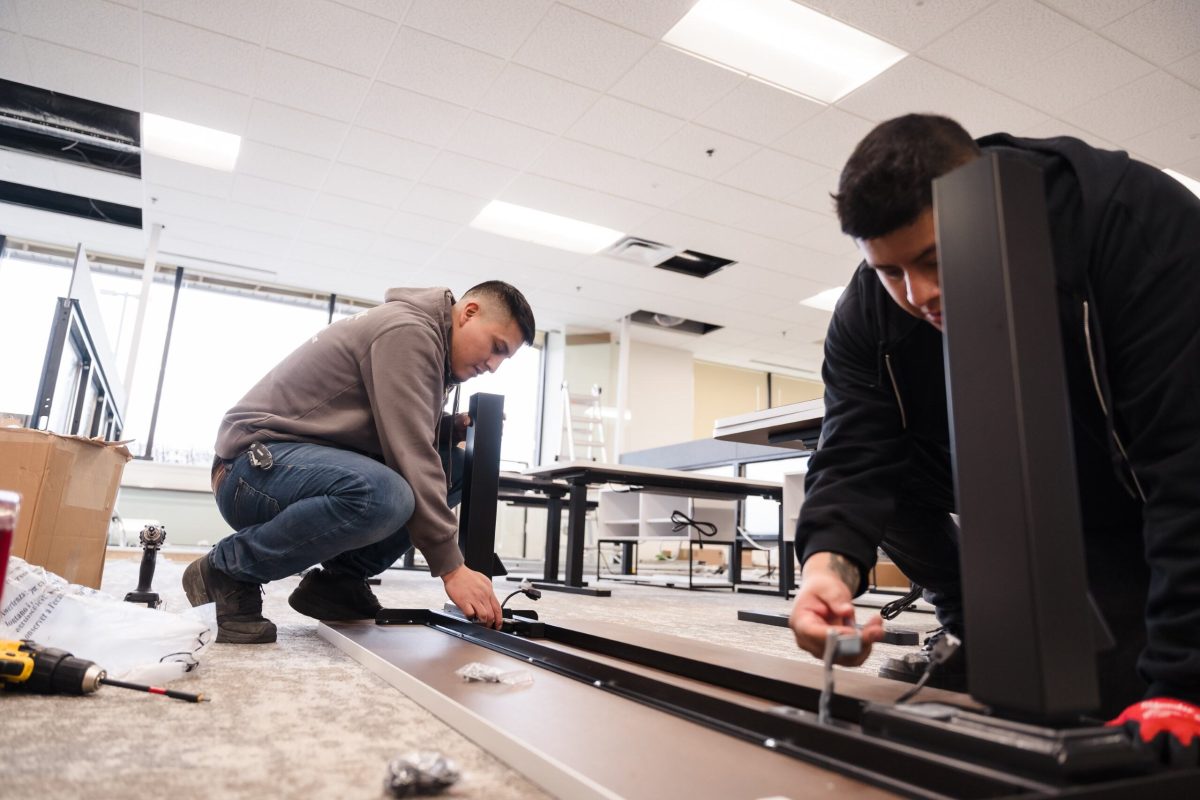In today’s dynamic business landscape, relocating corporate headquarters is no longer an anomaly but a strategic move gaining momentum. Companies are reevaluating where they operate, seeking out locations that balance operational costs, talent acquisition, and employee satisfaction. This shift is reshaping the way businesses engage with cities, creating a competitive race as municipalities offer attractive incentives to draw in major employers.
Relocating a headquarters is more than a logistical decision—it’s a transformative opportunity to redefine a company’s culture, leverage new talent pools, and align operations with long-term goals. But what’s driving this movement, and what challenges and opportunities does it present?
Key Drivers Behind Corporate Relocation
Several factors are fueling the rise in corporate relocations, including financial incentives, workforce dynamics, and lifestyle considerations.
Seeking Financial Advantage
High costs in traditional business hubs like New York City or San Francisco are prompting many organizations to explore more affordable locations. Lower real estate expenses and reduced tax burdens in cities like Austin, Texas, or Nashville, Tennessee, present a compelling case for relocation. These cost savings can be reinvested in growth initiatives or used to provide competitive salaries while reducing overhead.
Municipalities are actively sweetening the deal with tax breaks and development incentives. For example, cities like St. Petersburg, Florida, have successfully attracted major companies by offering financial packages that support business growth and economic development.

Access to Skilled Talent
As businesses compete for top-tier talent, proximity to skilled labor has become a deciding factor in site selection. Cities with robust educational institutions, research centers, and growing industries are positioning themselves as ideal destinations for corporate headquarters. Pittsburgh’s focus on robotics and technology innovation is an example of attracting companies eager to tap into the region’s talent pipeline.
Improving Quality of Life for Employees
Corporate leaders understand that location is closely tied to employee satisfaction and retention. Cities offering affordable housing, walkable neighborhoods, and vibrant cultural amenities have become highly desirable. Relocating to such areas allows companies to provide employees with a better quality of life, which can, in turn, boost productivity and engagement.
The Ripple Effect: Winners and Losers
The decision to relocate a corporate headquarters impacts not only the company but also the cities involved.
Cities Gaining Headquarters
The benefits for cities that attract new headquarters are clear: economic growth, job creation, and an enhanced reputation as a business-friendly destination. High-profile relocations can also serve as a signal to other companies that the city is open for business. St. Petersburg, for instance, has leveraged its recent corporate arrivals to catalyze further economic development, including urban revitalization projects.

Cities Losing Headquarters
On the flip side, cities losing corporate headquarters face challenges such as reduced tax revenue, job losses, and potential reputational damage. However, these challenges also create opportunities to refocus on local entrepreneurship and invest in sectors that foster long-term growth. Some experts argue that rather than relying on a single corporate presence, cities should diversify their economic strategies by nurturing small businesses and startups.

The Role of Hybrid Work and Evolving Office Needs
The rise of hybrid work has added complexity to corporate relocations. As companies reduce their physical footprint, many are rethinking the role of their headquarters. Instead of massive office campuses, businesses are gravitating toward smaller, more flexible spaces designed for collaboration and innovation.
This trend has led to increased demand for high-quality office environments tailored to hybrid work models. Companies are prioritizing features like open layouts, wellness amenities, and advanced technology to support both in-person and remote teams.
Opportunities for Service Providers
Relocating a headquarters is no small feat, and businesses often turn to service providers for support. Companies like Interwork Office Solutions are uniquely positioned to assist in key areas, including:
• Office Decommissioning: Ensuring old office spaces are cleared responsibly and sustainably.
• Relocation Logistics: Managing the complex process of packing, transporting, and setting up new spaces.
• Workspace Design: Creating layouts that reflect company culture and meet hybrid work needs.
• Sustainability Consulting: Helping organizations incorporate environmental responsibility into their relocation plans.
By offering tailored solutions, service providers can play a crucial role in ensuring smooth transitions while adding value at every step.
What Lies Ahead for Corporate Relocations?
As more companies embrace relocation as a strategic tool, the traditional concept of a headquarters is evolving. Smaller, flexible spaces in cities that align with organizational values and workforce priorities are becoming the norm.
For companies, these relocations represent opportunities to reimagine their identity, attract top talent, and streamline operations. For cities, the chance to welcome new businesses underscores the importance of investments in infrastructure, quality of life, and economic development.

Conclusion
The movement of corporate headquarters is reshaping both the business world and urban landscapes. As companies seek cost savings, access to talent, and quality of life for employees, relocation decisions are becoming more strategic than ever.
For businesses, it’s a chance to optimize for the future. For cities, it’s an opportunity to boost their economies and redefine their appeal. And for service providers, it’s a moment to deliver innovative solutions that ease the transition.
In this ever-shifting environment, success will belong to those who adapt, innovate, and embrace the opportunities that come with change.
Ready to Transform Your Office?
At Interwork Office Solutions, we specialize in creating sustainable, modern workspaces that align with your business goals. Whether you’re relocating, reconfiguring, or refreshing your headquarters, our blended furniture model offers smart, eco-conscious solutions tailored to your needs.
Let’s build a workspace that reflects your commitment to sustainability and innovation. Contact us today to get started!







